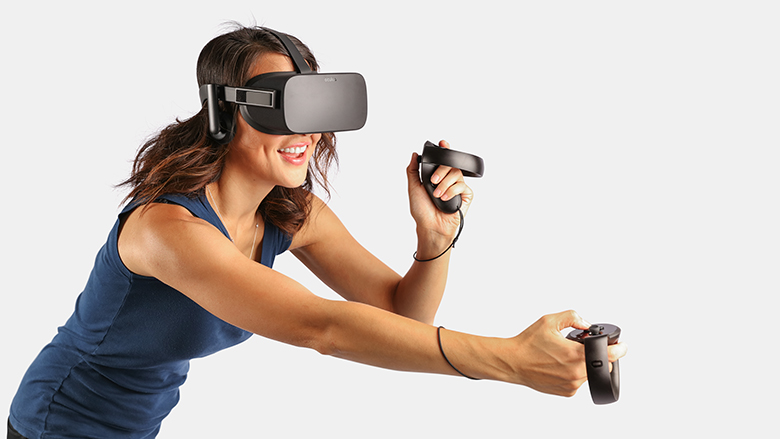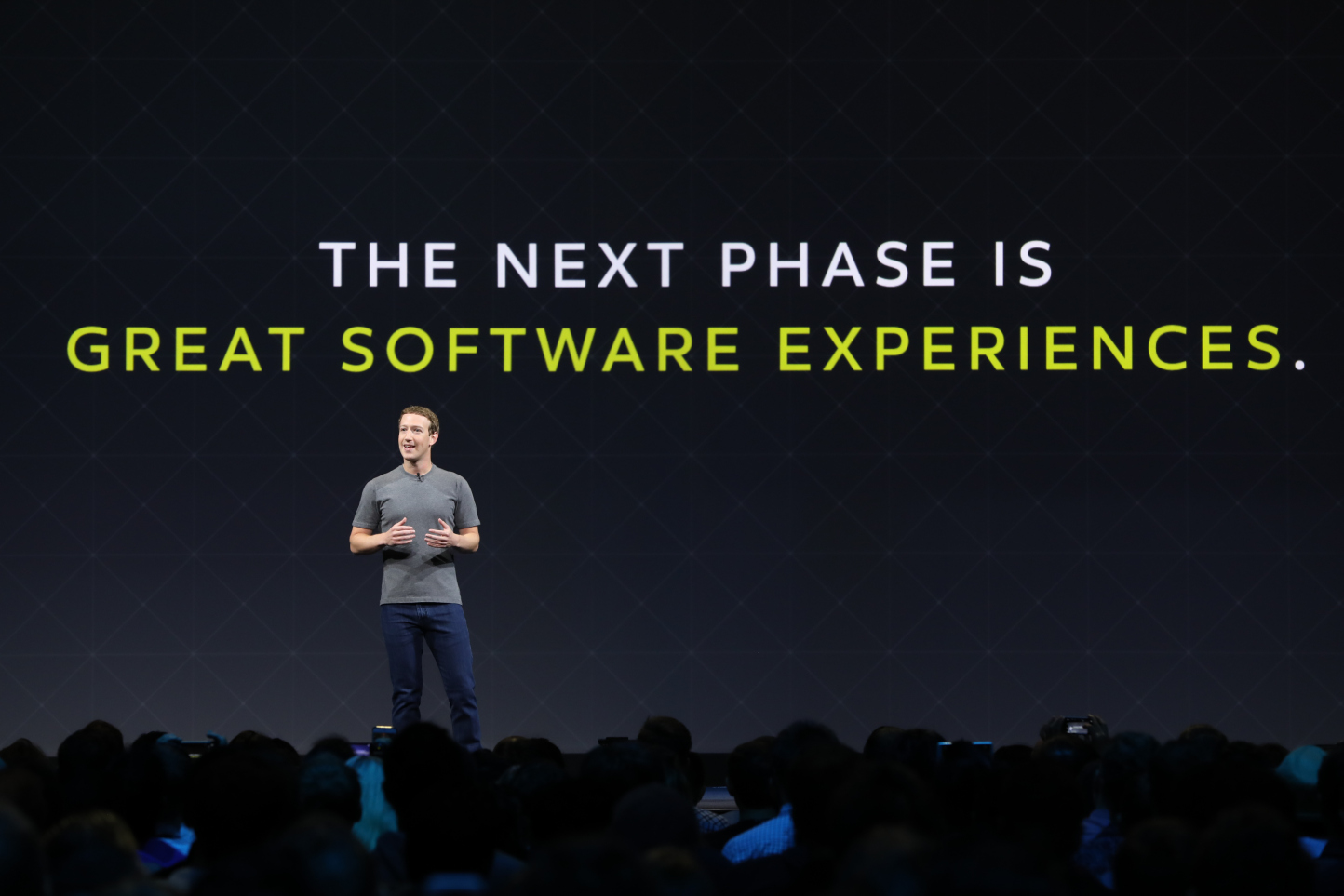Mark Zuckerberg did his best at the Oculus Connect Developers Conference on Thursday to show his hopes of seeing the company really taking off. He teased a prototype stand-alone VR headset that features positional tracking, a functionality currently limited to the major high-end VR headsets such as Oculus’ Rift headset, the HTC Vive, and PS VR.
This means that the experience offered by high-powered devices will no longer be much different from the one allowed by VR gadgets. The positional tracking functionality lets the headset adjust the onscreen content according to its current position in the physical, real space. Unlike 360 videos, this technology allows the user to enjoy the moment beyond and walk through the experience as they decide from which angle they want to see the virtual world.

Oculus also released its new touch hand controllers consumers will be able to buy for $199 to grab and move virtual objects as they walk across the room.
Facebook will start offering laptops that smoothly support performance with the Oculus Rift VR headset. The company will do this in partnership with Lenovo, Asus, Aorus, and Alienware.
It is unknown how much these laptops would cost, but they will certainly not be cheap. Asus ROG G752VM, an already available laptop ready to connect with Oculus’ headset, costs $1,795.
‘The next phase is great software experiences’
Zuckerberg admitted at the conference in San Jose, Calif., that the Rift has had quite a slow start. The headset still lacks the Heat game that would trigger enthusiasm the way Wii Sports did when Nintendo Co.’s Wii console was launched.
He seriously predicted that virtual reality would be the next big thing that would offer incredibly immersive experiences for users to socialize online, watch videos, and play games.

“We have yet to see that killer app that can make or break a platform,” commented Macquire Securities analyst Ben Schachter, as quoted by the WSJ.
Nate Mitchell, product director for Oculus, declared the company was doing well as it had learned important lessons over the last year, according to the WSJ. She noted that his team always had expectations of virtual reality adoption being slow.
A still nascent market
Oculus was the first to enter the market for high-end virtual reality headsets. HTC followed with its Vive Gadget, and Google released its Daydream View headset this week. Sony Corp. is set to launch in the coming days a headset that connects to the PlayStation 4 video game console, a device that has sold over 43 million units around the world.
There are other headsets that happen to be cheaper and work with smartphones such a the hundred-dollar Gear VR headset developed by Samsung Electronics and Oculus. Google’s Daydream View is one of them.
Source: The Wall Street Journal
